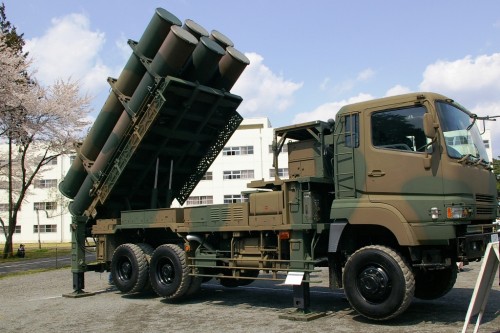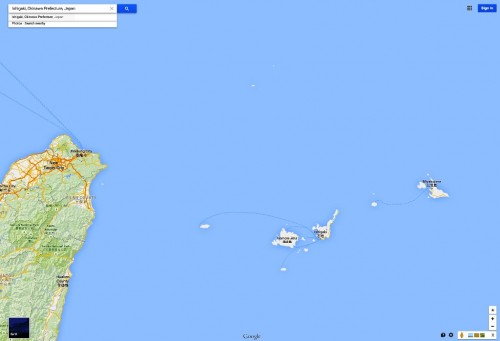(Posted a bit early, as I have been reminded of the anniversary of the fall of Saigon. I wrote a version of this early on at SSDB, around 2004.)
Never been there, never particularly wanted to: to someone of my age, it is Bad Place, a haunted place, where ugly things happened. It gave nightmares to friends, co-workers, and lovers for years after it dropped out of the headlines and the six-o-clock news. Today in light of the current war, it seems as far away in time and nearly as pointless as the Western Front. You look, and remember, and wonder, knowing that yes, it really happened, but really, what was the point of it all? Platoon seems as much of a relic as Journey’s End, the image of a helicopter hovering over jungle with “All Along the Watchtower” on the soundtrack an image as archaic as doughboys with puttees and soup-plate helmets, marching along and singing “Mademoiselle from Armentieres”.
But it was a beautiful place. My friends Xuan-An and Hai brought away pictures of where they lived in Dalat, in the highlands, where they married and lived with their three older children, snaps of cool, misty green pines and gardens of rhododendrons, and a horizon of mountains. Eventually, they had to flee Dalat for Saigon, where their youngest daughter was born, and Xuan-An’s mother came to live with them. Hai had left Hanoi as a teenager when the Communists took over there, his family being well to do, part Chinese, and immensely scholarly. He worked as a librarian for the USIS, and Xuan-An as a teacher of English and sciences, so they were on the Embassy list of Vietnamese citizens to be evacuated in the spring of 1975, with their four children, aged 12 to 2 years old. They were waiting at their home, for someone to come fetch them, on that last day. Perhaps someone from the Embassy might have come for them eventually, but Xuan-An’s brother who was the captain of a Vietnamese coastal patrol vessel came to their house after dark, instead. He had sent his crewmen all to fetch their families, they were going to make a run for safety out to sea, and he came to get his and Xuan-Ans’ mother. He was appalled to find his sister and brother-in-law and the children still there, and urged them to come with him straight away, and not wait any longer for rescue. They brought away no more luggage than what the adults could carry, in small packs the size of student’s book-bags, and the youngest daughter was a toddler and had to be carried herself. Xuan-An’s brother’s motor launch was a hundred feet long, and there were a hundred people crammed onto it, carrying them out to an American cargo ship, the Pioneer Contender, which waited with other American rescuers, just beyond the horizon.
Read more

